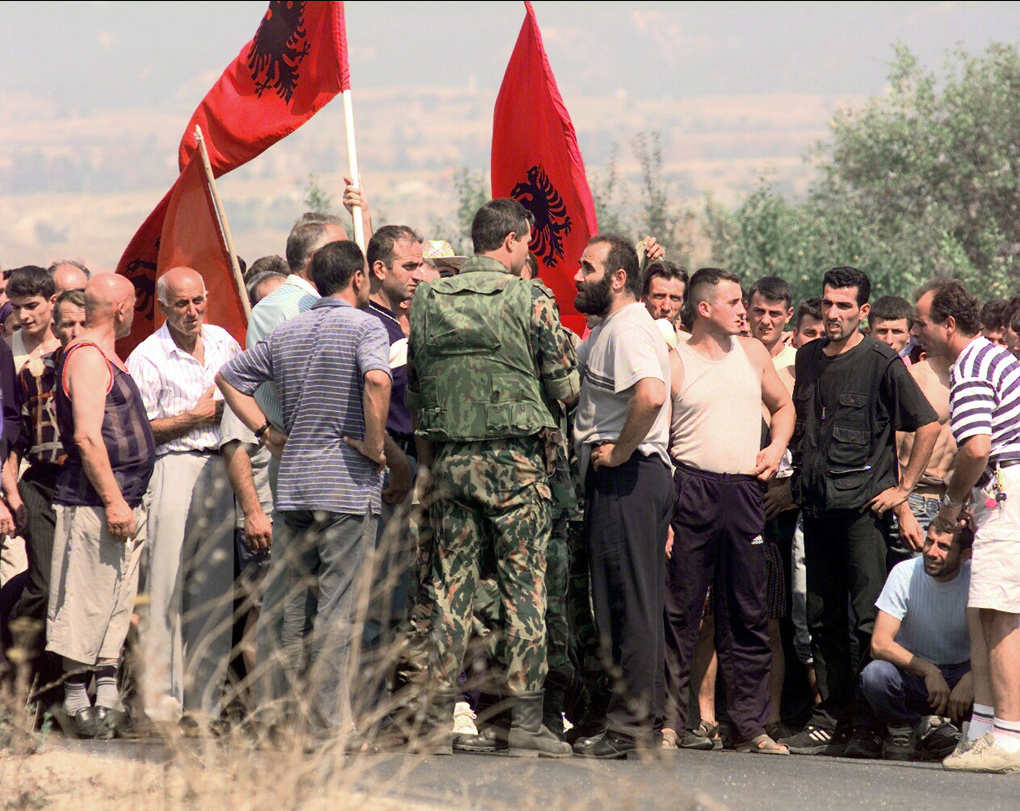
SERBIA, JAN 8th 2023 – The Serbian government has planned sending 1,000 security forces, including police and military, to the Republic of Kosova; in response to the clashes between Serbs and the local authorities.
However, the KFOR (Kosovo Force), a NATO-led international peacekeeping mission in the Balkanian republic, has declined the request.
A former province of Yugoslavia, Kosovo was subject to violent ethnic tensions after the fragmentation of the Socialist Federal Republic of Yugoslavia in 1992-1993.
After years of tensions, a full scale war erupted on February 28, 1998 between the forces of the Federal Republic of Yugoslavia (Serbia and Montenegro) and the Kosovo Liberation Army (KLA), a group of Albanian militants seeking independence.
It lasted until June 11, 1999 when the Serbian (Yugoslav) army was forced by NATO, after an aerial bombing campaign to sign the Kumanovo Treaty and withdraw from the Albanian-majority province.
On February 17, 2008, the Republic of Kosova formally declared independence. It has been recognized by over 110 countries. However, it has not yet join the United Nations; because of the firm objection of Russia, a veto holder in the UN Security Council.
Russia considers Serbia a historical ally. Both nations share a common Slavic ethnicity, and adhere to the Orthodox Church. This strong link was one of the key factors that had triggered World War I in 1914. The Russian Tsar Nicholas II had considered the Austro-Hungarian ultimatum to Serbia a humiliation to the Russian Empire as leader of the Slavic-Orthodox nations.
Following the Russian general mobilization, the German Empire responded by mobilizing its troops and triggering a preemptive attack against France, another ally of Russia.
In the current context of the Russia-Ukraine war, the Balkans, especially Kosovo, might be used as another proxy war in the NATO-Russia strategic confrontation.